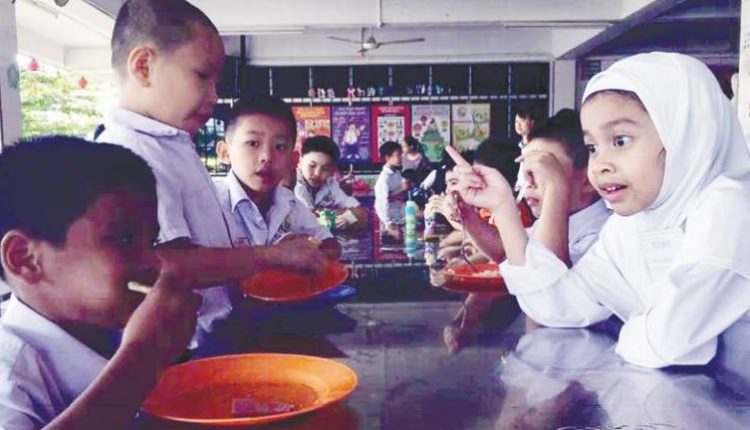PETALING JAYA: Amid calls by certain quarters for vernacular schools to be shut down, Chinese primary schools (SJKC) continue to attract parents of all races who see them as a good alternative to national schools.
Enrolment figures provided by the United Chinese School Teachers’ Association of Malaysia (Jiao Zong) showed that 18.7% of pupils in Chinese primary schools are non-Chinese.
Of the 521,053 pupils enrolled in Chinese schools in 2019, a total of 97,466 of them are non-Chinese.
Among them, 77,537 are bumiputra, 14,072 Indian while 5,807 are of other races.
It marks an increase from 2014 numbers, also provided by Jiao Zong, where only 79,521 pupils of the total 571,315 were non-Chinese.
Chinese primary schools have been part of heated conversations recently, with calls from certain quarters to abolish them as they claim vernacular schools are detrimental to national unity.
Among the more vocal advocates was Perlis Mufti Prof Datuk Dr Mohd Asri Zainul Abidin, after a petition was launched to call for their abolition.
Education activist group Malacca Action Group for Parents in Education (Magpie) chairman Mak Chee Kin said Chinese schools have been a strong alternative to national schools, especially in the past few years.
“Even in Malacca, there are a few Chinese schools which see considerable numbers of non-Chinese pupils,” he told theSun yesterday.
He also said many non-Chinese feel that Chinese schools are of higher quality, more competitive, more disciplined and the workload given is good to drill their children for the future.
“This is more important as there is economic value in the language, with China being an economic powerhouse,” he said.
Parent Mohd Nasrul Hidayat, 34, sees the learning of Mandarin as a step for his daughter to be further exposed to other cultures and become a well-rounded individual.
“I see a lot of improvement in her after sending her to SJKC Chee Wen last year. She showed that she wants to learn, she was brave enough to negotiate her own terms with us, and she was not afraid to talk and participate in conversations,” he said.
He added the school’s syllabus was extensive, and was accommodating enough to provide her as well as other Muslim schoolmates avenues to get their Islamic education within schooling hours.
“Her favourite subject in school is English, but she has shown improvement in learning other subjects like Mathematics as well.”
When asked for his thoughts on the recent call for abolition of vernacular schools, Mohd Nasrul said having vernacular schools in the country gives a competitive edge to Malaysian children if they were up for the challenge.
“There has been a competition of syllabuses between schools and it is not like we are restricted from sending our children to national schools only. We are free to enroll our children in Chinese primary schools and they are accepting of us.”
“If we all are given the chance to enter the school, why not seize the chance? Mandarin is increasingly playing a big role, especially in the international job market, so I want my daughter to have an advantage as well,” he said.
However, educationist Chan Tuck Loong disagreed with giving children early education that is not in their native language at least for the first six years of formal education as they need to have a strong foundation in their mother tongue.
“Academic-wise, it is not a good idea to (introduce) children to an environment that is totally different from what they can expect to learn with their native language,” he said.
He also said that the standards of Chinese language skills among the non-Chinese does not improve if they do not practise it at home. -The Sun Daily

